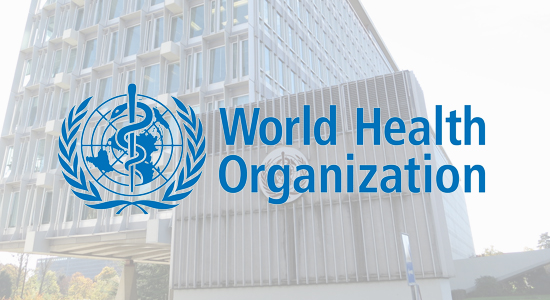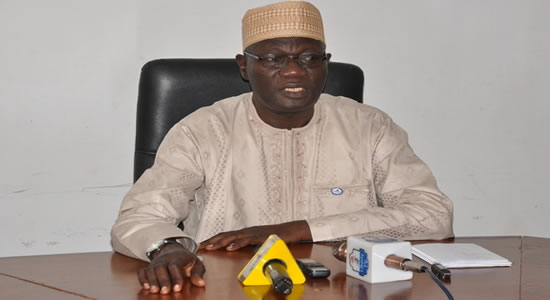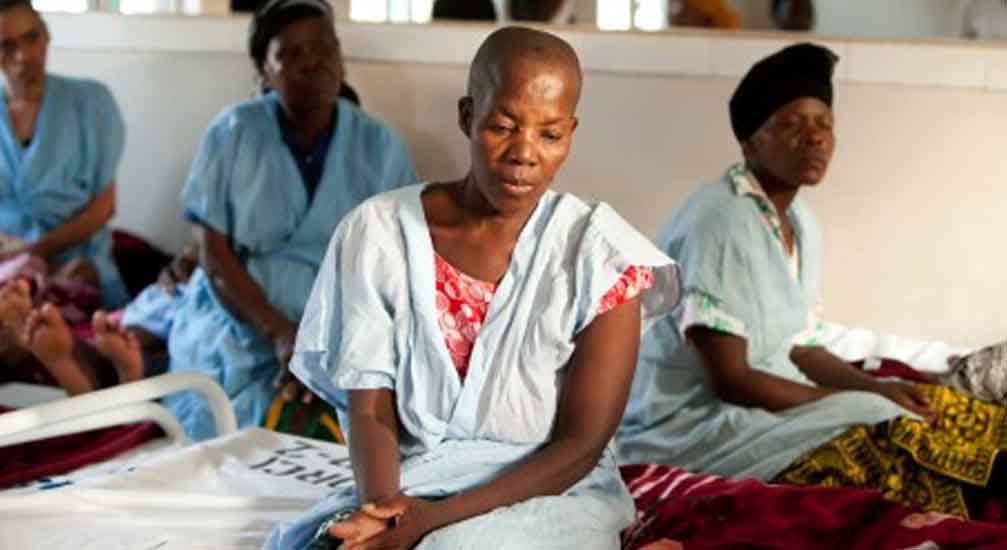Health Workers Begin Nationwide Indefinite Strike
The Joint Health Sector Union (JOHESU) says it has commenced nationwide indefinite strike in earnest.
Mr Obisesan Oluwatuyi, General Secretary of the Nigerian Union of Allied Health Professionals (NUAHP) disclosed this in an interview with the News Agency of Nigeria (NAN) on Wednesday in Abuja.
Oluwatuyi said that they would not call up the strike until government meets their demands.













